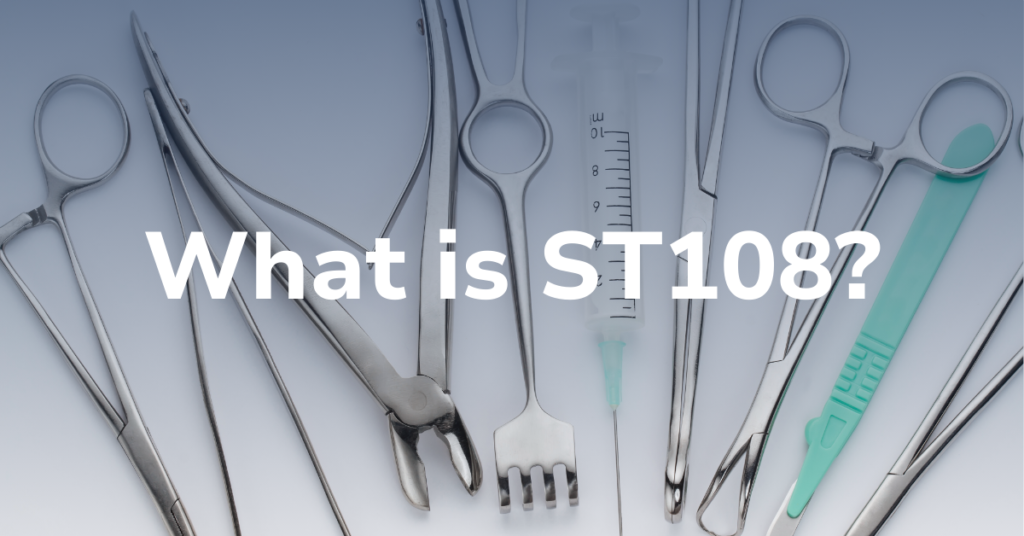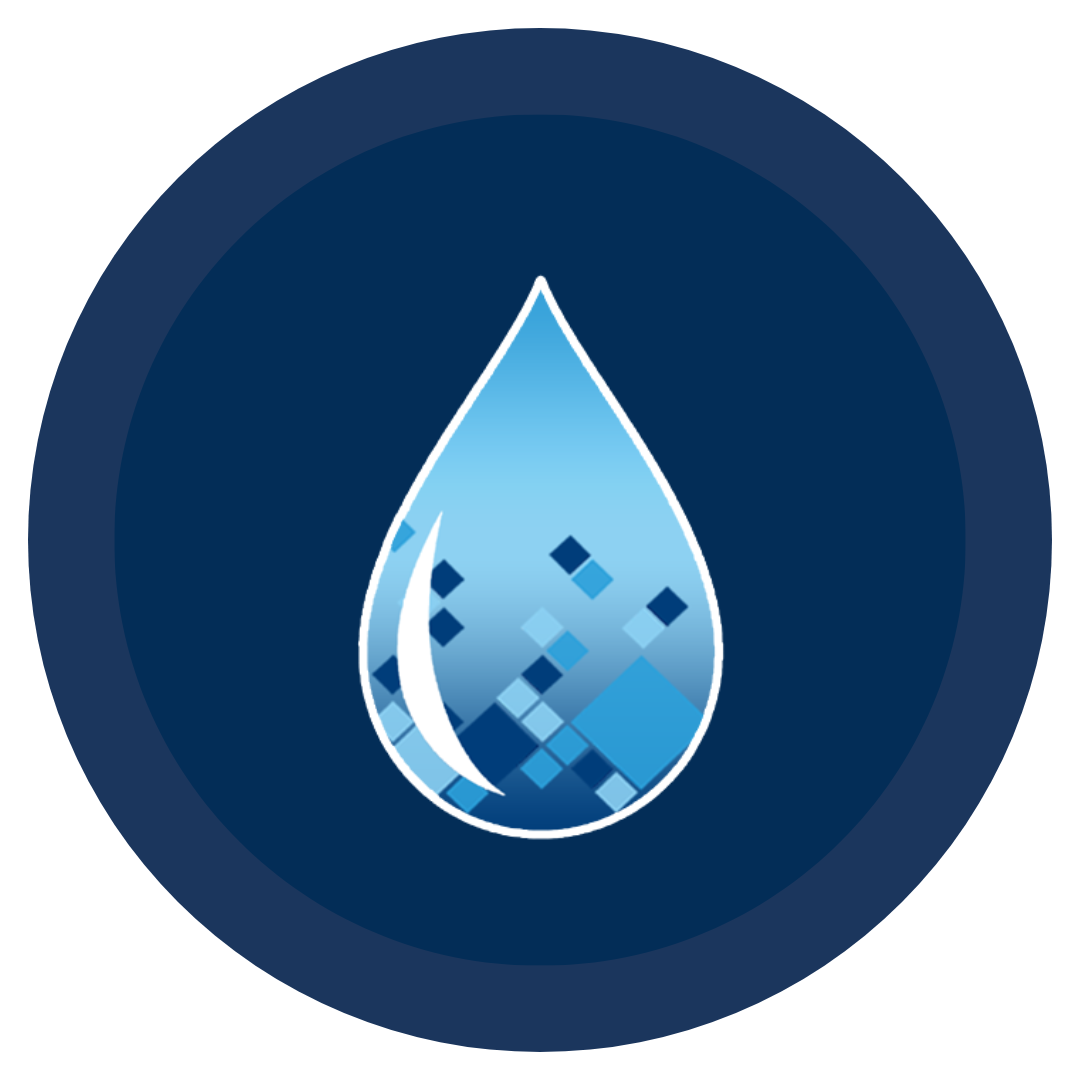In the world of healthcare and sterile processing, maintaining high standards of cleanliness and safety is a top priority. One of the standards that professionals in this field need to be aware of is the AAMI ST108 standard. But what exactly is the AAMI ST108 standard, and why is it so important? In this blog, we’ll delve into the details of this essential guideline and its implications for healthcare facilities.
Understanding the new AAMI ST108 Standard
The AAMI ST108 standard, developed by the Association for the Advancement of Medical Instrumentation (AAMI), sets forth comprehensive guidelines for the cleaning, disinfection, and sterilization of reusable medical devices. This standard aims to ensure that all medical instruments and devices are properly processed to prevent healthcare-associated infections (HAIs) and ensure patient safety.
Key Components of AAMI ST108
The AAMI ST108 standard covers several critical aspects of sterile processing, including:
- Cleaning: Detailed procedures for the thorough cleaning of medical devices to remove organic and inorganic materials. This step is crucial as it lays the foundation for effective disinfection and sterilization.
- Disinfection: Guidelines for the use of chemical disinfectants to eliminate most pathogenic microorganisms. This step is particularly important for devices that cannot undergo sterilization.
- Sterilization: Procedures for the complete elimination of all forms of microbial life, including bacteria, viruses, spores, and fungi. The standard specifies various sterilization methods, such as steam, ethylene oxide, and hydrogen peroxide plasma.
- Quality Control: Recommendations for routine monitoring and verification of cleaning, disinfection, and sterilization processes. This includes the use of biological indicators, chemical indicators, and other quality control measures.
- Documentation: Requirements for maintaining detailed records of all sterile processing activities. Proper documentation helps ensure traceability and accountability, and it aids in the investigation of any potential issues.
Why is AMMI ST108 Important?
Compliance with the AAMI ST108 standard is crucial for several reasons:
- Patient Safety: Proper implementation of the guidelines helps prevent HAIs, ensuring that patients are not exposed to potentially life-threatening infections through reusable medical devices.
- Regulatory Compliance: Adherence to the AAMI ST108 standard helps healthcare facilities comply with regulatory requirements and accreditation standards set by organizations such as the Joint Commission and the Centers for Medicare & Medicaid Services (CMS).
- Operational Efficiency: Standardized procedures and quality control measures contribute to the efficient operation of sterile processing departments, reducing the risk of errors and improving overall workflow.
- Reputation: Maintaining high standards of cleanliness and safety enhances the reputation of healthcare facilities, fostering trust among patients, staff, and regulatory bodies.
Implementing ST108 in Your Facility
Implementing the AAMI ST108 standard requires a comprehensive approach, including:
- Staff Training: Ensuring that all sterile processing staff are thoroughly trained in the procedures and guidelines outlined in the standard.
- Equipment Maintenance: Regular maintenance and calibration of cleaning, disinfection, and sterilization equipment to ensure optimal performance.
- Quality Assurance: Establishing a robust quality assurance program to monitor compliance and continuously improve processes.
- Consulting Experts: Partnering with experts in the field, like IWC Innovations, to provide guidance and support in implementing and maintaining compliance with the AAMI ST108 standard.
Ensure Safe and Effective Medical Device Processing with IWC Innovations and AAMI ST108 Compliance
The AAMI ST108 standard is a vital guideline for ensuring the safe and effective processing of reusable medical devices. By adhering to these stringent requirements, healthcare facilities can protect patient safety, comply with regulatory standards, and improve operational efficiency. If you need assistance with implementing the AAMI ST108 standard in your facility, contact IWC Innovations today. Our team of experts at IWC Innovations is here to help you navigate the complexities of compliance and achieve the highest standards of sterile processing.




